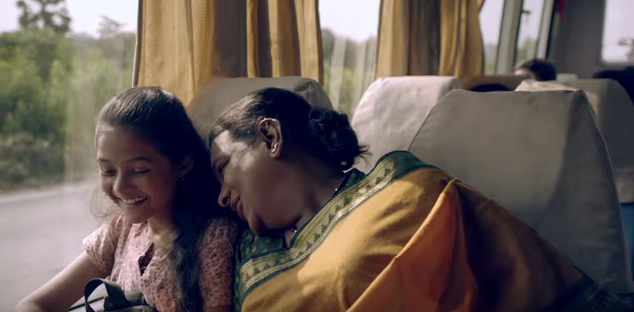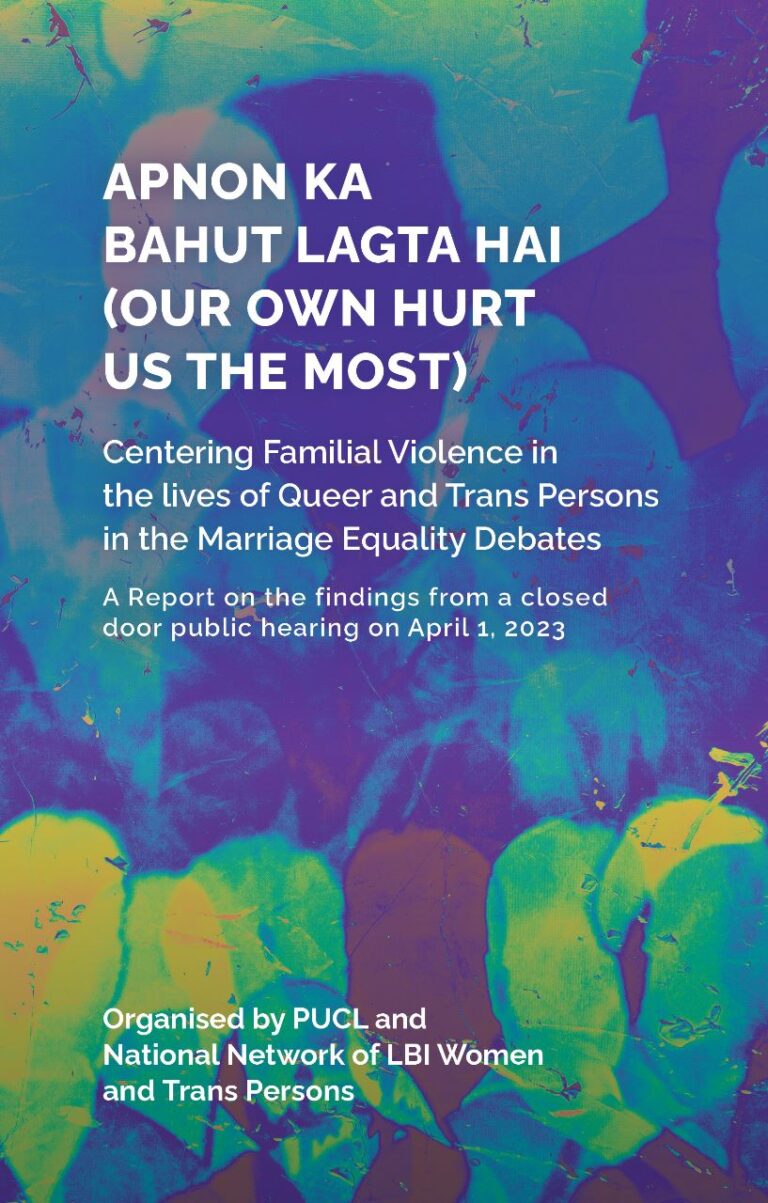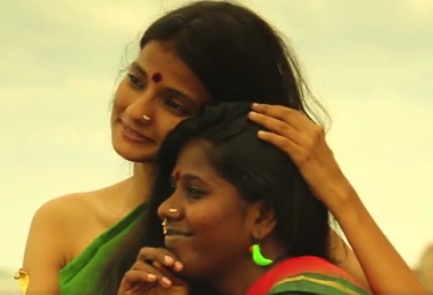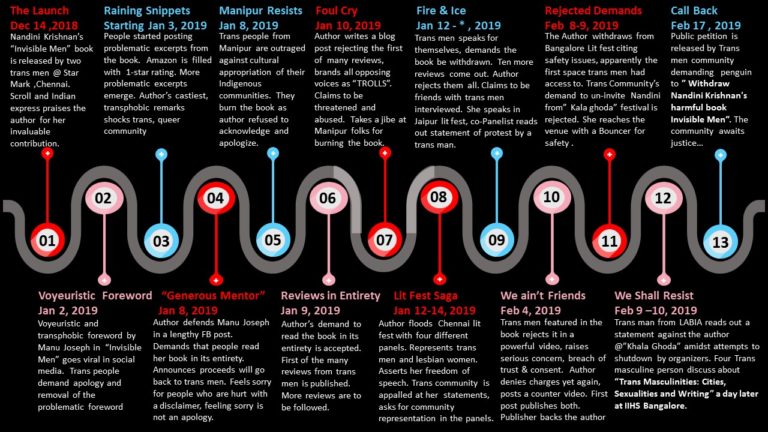When bigotry impedes mental healthcare
According to Dr. Mathew Varghese, professor and head of psychiatry at NIMHANS, there are only about 4000 psychiatrists, 1000 psychologists and 3000 mental health social workers in India. This stark inadequacy, given the population of our country, is compounded by the widespread social stigma attached to mental health issues. Both act together to prevent individuals from accessing the care they need. As if these were not enough, we have to contend with yet another obstacle: negative attitudes of providers towards sexual and gender minorities, women and members of other marginalised groups.
It’s time we talk about this unnerving situation where a therapist denies treatment to a person or shames them for having contradictory views about society or politics, or for their departure from socially imposed gender roles, identities, or normative sexual orientations. Such prejudice targets many marginalised communities, and continues to take a big toll on LGBTQIA+ people, as well as on (cis, heterosexual) women. Shockingly, very few of these occurences of blatant discrimination get reported in the media.
Pervasive prejudice among healthcare continues to target patients based on caste. For instance, a survey on untouchability in rural India found that Dalits in over 21% of villages were restricted from entering private medical care centers. Dalit women in parts of Uttar Pradesh were barred from receiving health care during pregnancy. A concern for mental health sounds too far-fetched when even basic medical services are denied to the community. Given this bleak scenario, it seems hardly surprising that sexual orientation and gender would be exempt from the prejudice.
Homophobia, transphobia, and misogyny are worldwide phenomena. However, they seem most vicious in societies and communities bound by religious beliefs and traditions that fiercely uphold the patriarchal norm, and dismiss any alternate way of life. This is by no means restricted to India. In August 2016, the Governor of the state of Tennessee (U.S) passed a bill allowing therapists to deny therapy to individuals from the LGBTQ communities. This bill is part of a wave of bigoted legislation across the US that seeks to institutionalise discrimination against LGBT people, such as North Carolina’s Bathroom Bill.
Guidelines such as those of the American Psychological Association (APA) for psychological practice with lesbian, gay, and bisexual clients, adopted in 2011, lay down best practices based on clinical research and experience. They cover social attitudes towards homosexuality as bisexuality, relationships and families, issues of diversity, economic and workplace issues, education and training and research.

Despite the availability of such guidelines, and despite a growing body of evidence suggesting LGBT youth are at high risk for major depression, generalised anxiety disorder, substance abuse, suicidal behavior, sexual risk taking, and poor general health care than their heterosexual counterparts, mental healthcare providers in India and elsewhere treat homosexuality and bisexuality as aberrant conditions to be condemned, or pathologies to be “cured” [see work by Vinay Chandran and Arvind Narrain, and Ketki Ranade]
“I was talking about my nightmares to my therapist and while in the middle of that I accidentally told him that I am a bisexual and out of nowhere he just slapped me and asked me to go away. The incident did make me badly depressed, took a toll on my health and everything. I already have ADD and OCD and that’s what I was seeing the therapist for. So the depression just doubled from there and although now I have overcome it slightly, it still keeps on running in my head.” – Vinay (Name changed)
Such prejudice on the part of mental health professionals is not restricted to LGBT people. Heterosexual women are subjected to a barrage of suggestions and treatment methods that are polluted by the system of patriarchy. Those seeking professional help for issues such as depression get pathologized if they do not choose to live “by the rules”. They are slut-shamed, body-shamed, victim-blamed and coerced to conform to traditional “Indian values”. Such treatment, besides being grossly unethical, ends up vitiating the depression one has already been caged in.

Carelessness can also be observed. Being told to look at the less fortunate lives to overcome depression or adding spirituality to overcome stress, are some of such ill treatments that are thrown around like paracetamol. These heart-rending experiences by two women speak for themselves:
“I have borderline personality disorder. Got diagnosed at a very young age and was taken to several psychologists and psychiatrists. While some gave me heavy doses of medication without hearing me out properly, others gave me huge lectures on morality about how my lifestyle and opinions are very wrong for a ‘girl’ and how I am difficult and should be more passive. I had been in an abusive relationship for a long time and my previous psychologists slut-shamed me for having sex with that person out of marriage and kept calling me “psychotic” all the time” – Shruti (Name changed).
“My first psychiatrist told my parents that, being 24 years old, I should have been married by now and have started a family of my own, as my unmarried status was the root of my depression. He ignored when I said that I’ve very low emotional quotient and it’s very difficult for me to recognize feelings. The second one repeatedly kept asking if there was violence at home and how do I know that I get anxiety attacks. He mocked me in every session. When I informed him about the side effects I have been having from the prescribed drugs, he asked me not to blame the drugs. I then refused to respond to his queries. Finally, he rudely asked me and my parents to leave.” – Priyanka (Name changed)
While minorities in India are still fighting for basic human rights, access to unstigmatized mental health care has become a very significant part of the demand for social justice. NGOs and community collectives working on feminist and LGBTIQ* issues can advocate with mental health professionals to generate this much needed flexibility and open-mindedness .

More broadly, therapists have to learn to work non-judgmentally with clients whose social, cultural, political, sexual and religious views may diverge widely from their own. Having biased professionals in the field not only impacts provision of much-needed quality mental health care , but also impedes the ongoing battle for social justice.
Knowledge, sensitivity and a rational attitude towards the client’s personal issues are essential. There is a dire need to include minority, feminist and LGBTQ* issues within academic courses and training. These should include detailed and culturally relevant content on how minority stress and institutionalized prejudice impact women, those of marginalised castes, LGBTQ*, and other excluded groups.
Such courses are few and far between: the MA program in Psychosocial Clinical Studies at Delhi’s Ambedkar University, and courses in gender and sexuality at Tata Institute of Social Sciences serve as examples. Their importance cannot be overstated, especially in a country where privilege ignorance is so widespread.
LGBT-affirmative psychotherapy has been a tremendous step in helping LGBT clients accept their sexual orientation and/or gender identity. What we need now is to have the regular psychologists comprehend this acceptance. Donald Clark, the first openly homosexual psychologist, says the following in one of his extended interviews:
“Gay people do not grow up in gay families. The vast majority of the time, they do not have any support around who they are. There is nothing comparable in the human experience. It is as if the gay child is the result of having an egg from outer space planted in the uterus of the mother.”
Feminist therapy has its roots in the interventions by women psychotherapists during the U.S. feminist movement of the 1960s. Such feminist therapeutic approaches need to be adapted for the Indian cultural context.
When bigotry of the kind described in this article impedes psychological therapy and other mental health care, it not only worsens the condition of the patient but holds back humanity as a whole. We need affordable and accessible mental health care for those in need, and we surely don’t want to bring social discrimination along with us on this one.
Credits: An earlier version of this article appeared on the Nirmukta blog.





This is terrible – I had no idea it was this bad. The worst part is that this means it’s the people who need mental healthcare most who are being denied it. Stigma and oppression of any kind can in itself be a source of mental health issues, or exacerbate existing ones. When all your natural thoughts and feelings are continually termed “crazy”, that itself can drive you crazy (not to mention the stigma of “craziness” itself). That’s gaslighting, and it really sucks that the very people you’d turn to for help dealing with that would do it to you.
Rightly said, Prachi. It’s worse than plain denial actually because they are welcomed into the comfortable zone that therapy provides and than bashed and barred from it out of nowhere. The toll it takes is heavier than anything. You’re right about ableism too. It continues to rattle in communities wearing the cloak of normalcy and is probably one of the most difficult things to tackle and stop because, practically everyone is saying these slurs like it’s nothing and it is just adding to the whole bigotry we’re trying to eradicate..
This maybe a useful resource – http://www.academia.edu/22507988/Gay-Affirmative_Counselling_Practice_Resource_and_Training_Manual
Thank you so much for the link, Ketki. Thank you for who you are! 🙂